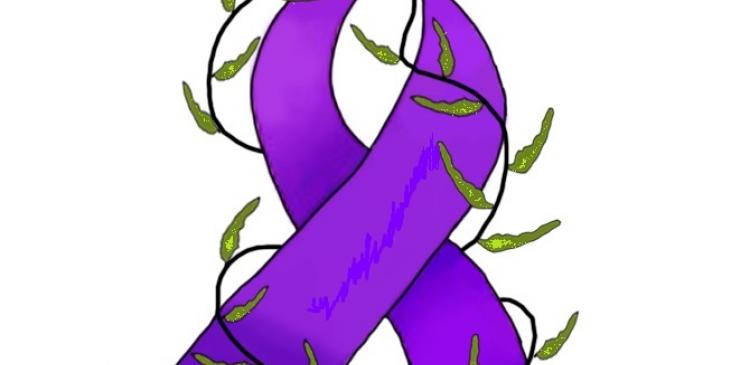Figure 1 - Keepable cancer community - a lifestyle lab for keeping survivors-abled!
Today, with better treatment and better awareness, cancer survivors are on the rise. Although with better survival rate, many cancer survivors have reported a sudden stop of support from the health professionals. The survivors have also reported decrements in quality of life and limitations in basic activities of daily living (ADLs) as well as instrumental activities of daily living (IADLs). These limitations in functional status may be due to the cancer itself, and/or treatment-related side effects but are also compounded by age-related functional decline.
Cancer-related disability arises from these limitations puts cancer survivors at a higher risk for long-term disability, institutionalization, and overall increased mortality. Although services like occupational therapy program has the potential to limit and reverse cancer-related disability but it remains severely underused in adults with cancer, particularly so, in developing countries where intervention tend to be survival focused and medical-doctor led, creating a chasm where patient self management intervention are overlooked. As an example, the stigma of cancer is still much entrenched and numerous myths surrounding cancer still exists, causing public health burden. One of our study related to a grant from Union for International Cancer Control (UICC), Geneva found that survivors and patients have myths about leading an active live with unfounded fears that being active may exacerbate cancer. A clinical controlled trial on patient self-management program to improve QOL was awarded as one of the three finalist in the BMJ 2011 translating evidence into practice’ , at the Hilton hotel, London by the UK’s BMJ evidence centre. Our workbook on the 4 weeks self-management program is now published as a resource for women with breasts cancer. The needs for intervention even at this phase of community reentry also calls for more public university to address the low quality and low quantity of the curren workforce of a mere 1,500 occupational therapists. Both undergraduate and postgraduate curriculum are timely in order to meet the needs of the country’s 30 million population.
In a proactive approach to meet the community needs of cancer survivors; in 2014, a group of colorectal cancer survivors received a 6 months supportive therapeutic program in the Petaling Jaya community in Selangor, Malaysia. KeepAble Cancer community was later founded during the researcher's sabbatical research leave. After the 6-months program ended, KeepAble operates on a voluntary basis every Saturday morning. The aim of KeepAble was to engage cancer survivors in the community – supporting them with community wellness activities, and a meeting point where survivors can reach out for support while they adjust to a new norm after cancer treatment. The activities planned for the cancer survivors included group/soliditary reflexology walks, group qigong, community gardening, KeepAble cha-cha and community cancer awareness events.
KeepAble cancer community ‘s mission is to address the needs of cancer survivors who are well after treatment, but are not completely well because of the social-cultural aspects of the cancer phenomena and the sequelas from cancer treatment. Assoc. Prof. Dr. Loh is currently rebranding and conceptualizing a KeepAble Cancer Farm_ as a lifestyle lab for cancer survivors to engage and participate in the activities at KeepAble to learn and to reestablish a new norm after cancer – a healthier lifestyle after cancer. The calls for a healthier lifestyle is timely and emphasized at KeepAble Community as three broad community themes - 1) staying active for life, 2) eating healthy via plant-based diet and healthy food, and 3) targeting ideal weight via lifestyle redesign. The KeepAble Community aims to support cancer survivors in the community, help spread awareness of cancer and promote community cancer-related engagement with the students and the public.
Contact information:
Associate Professor Dr. Loh Siew Yim
Department of Rehabilitation
Faculty Of Medicine
University Malaya
50630 Kuala Lumpur
Malaysia
Email:
[email protected]
[email protected]




